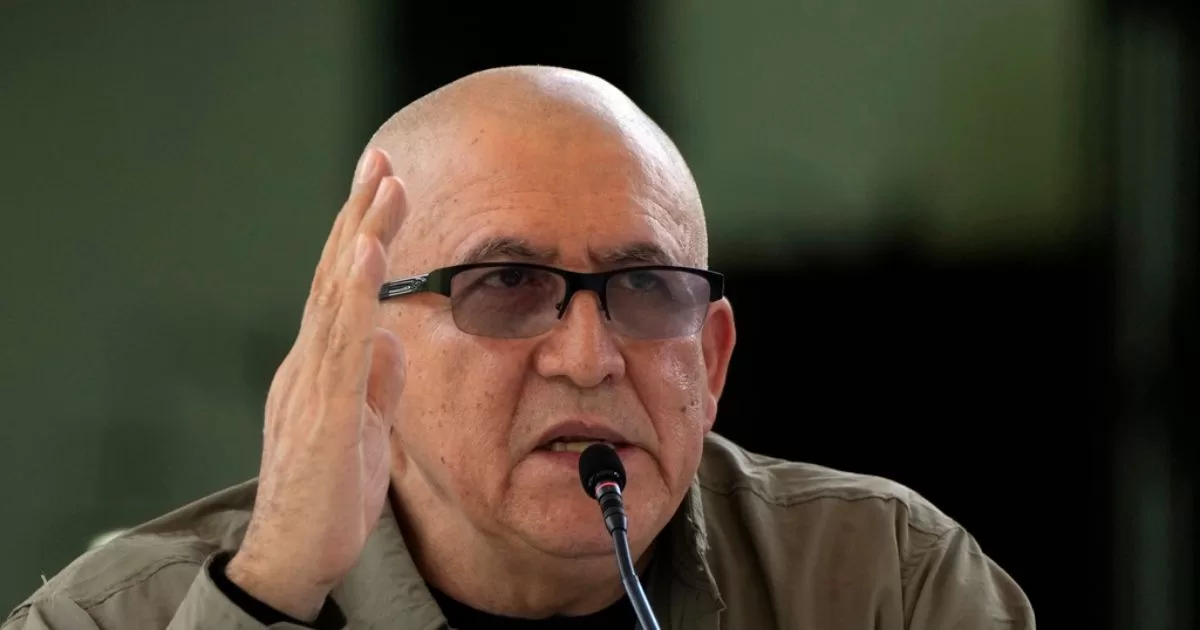Presented in the midst of the stampede of blue and financial dollars, an increasingly relentless repricing and growing political and economic uncertainty; Edesur’s short-term electrical works plan announced by the Minister of Economy, Sergio Massa and the Secretary of Energy, Flavia Royón it showed a clear electoral tone and left more questions than certainties.
According to the “official story”, the plan designed by the Edesur controller, Jorge Ferraresi, and the head of the ENRE, Walter Martello, includes 278 works to be carried out in 12 suburban municipalities: Florencio Varela, San Vicente, President Perón, Ezeiza, Esteban Echeverría, Quilmes, Cañuelas, Avellaneda, Lomas de Zamora, Berazategui, Lanús and Almirante Brown.
The execution period for the works will be 180 days, with an estimated investment of $7,000 million that will benefit 600,000 users. Without further details, the Government indicated that the cost of the works will be covered with 37% of the additional funds that Edesur will receive for the application of the cumulative increase of 261% in their income that was granted by the leadership of the ENRE.
Along with this minor works program, Massa and Royón also announced the construction of the new “220/132 Kv Miter Substation and its connections for the southern area of the city of Buenos Aires.” This work will require an execution period of 42 months and will imply an investment of US$145 million.
Edesur works plan: analysts warn of political overtones and few certainties
After the dissemination of the major guidelines of the works plan that Edesur will have to face in the next six months, the analysts and technicians of the sector came out to highlight four salient aspects that put on the table the political background and the real economic scope of the announcement official made before the mayors of the southern zone of Greater Buenos Aires.
In the first place, they point out that the deadline for the completion of the works—which Ferraresi outlined with the community chiefs—fits right in with the development of the electoral campaigns and the internal and general votes scheduled for August and October. In fact, the municipal authorities have already begun to speak with those responsible for Edesur to speed up the placement of the posters of the works in their districts. In this way, they seek to politically capitalize on the announcements and show that due to their actions they managed to get the electric company to attend, in part, the claims of the users affected by the cuts and the deficient provision of the service.
The Edesur works plan, announced by Massa and Royón, was already 80% planned by the distributor.
The second edge that drew attention is the fact that, far from being a “new and comprehensive plan” imposed on Edesur by the intervention and the regulatory entity, Nearly 80% of the works at stake had already been proposed by the distributor itself controlled by the Italian group ENEL in the last public hearing held in January when the work program and the rate increase required by the company for this year were discussed.
Meanwhile, the third point that remained in the nebula is who will be in charge of adjudicating the works and under what contractual modality. The Edesur executives stated that, since these are minor jobs that must be carried out in a short period of time, it is up to the company to carry out abbreviated price checks and direct contracting to the most convenient proposals. On the other hand, from the municipalities they maintain that most of the works can be done with municipal personnel or with local work cooperatives, leaving the payment of advances and final balances in charge of Edesur.
To this is added a fourth relevant aspect that revolves around the official commitment to face the construction of the new “Mitre Substation”, a work that will require three and a half years of work that will mostly take place during the administration of the next Government. who will take over in December. What the officials did not clarify is Who is going to take charge of the investment of US$145 million in the substation: the State with budgetary funds or the distributor with future rate increases that will be passed on to users.
After the official presentation of Edesur’s immediate works plan, the ENRE controller added more confusion by going out to highlight the Government’s actions with a misleading statement. Martello held that the works were going to be done without the users having to face more increases rates for the remainder of the year. conspicuously forgot to mention that two new rate adjustments are coming in May and June for residential customers of Edesur and Edenor.
Starting next Monday, N1 households with the highest income and N3 middle-class households that exceed the subsidized consumption limits will have to face an increase in the value of energy from 90% to 135% for the total elimination of subsidies. Meanwhile, as of June 1, the metropolitan distributors will begin to bill fixed charges with an increase of 74% corresponding to the second and last tranche of the Distribution Value Added (VAD) rate increase that the ENRE granted to Edesur and Edenor .
Edesur and Edenor: kickoff for rate review
One day after the announcement of the Edesur works plan and after receiving the go-ahead from Massa, the regulatory entity officially launched the process of the “Comprehensive Tariff Review” (RTI) for the two distributors in the metropolitan region and the electric carriers Transener, Transnoa, Transnea, Transba, Transpa, Distrocuyo, Transco and EPEN.

Although the Government assures that the works will be carried out without increases in tariffs, there are already two planned increases due to the removal of subsidies.
Through resolutions 363 and 364, the ENRE established a 30-day term to prepare “the guidelines and development schedule” for the RTIs that They will understand the works plans, the levels of quality of service and the rate increases that the electric companies will receive in the period 2024-2028.
After originally promising them for the second half of 2020, the Alberto Fernández administration took almost three years to kick off the RTIs aimed at normalizing and regularizing the operation of the electric companies that are under the national orbit.
The decision of the Energy officials to speed up the RTI procedures now has already begun to generate movements and a search for information among economic consultants and energy issues that aim to position themselves in the first places for when the electric companies and the ENRE go out to hire its services for the elaboration and analysis of the works plans and rate charts that will be in force during the next five years.


